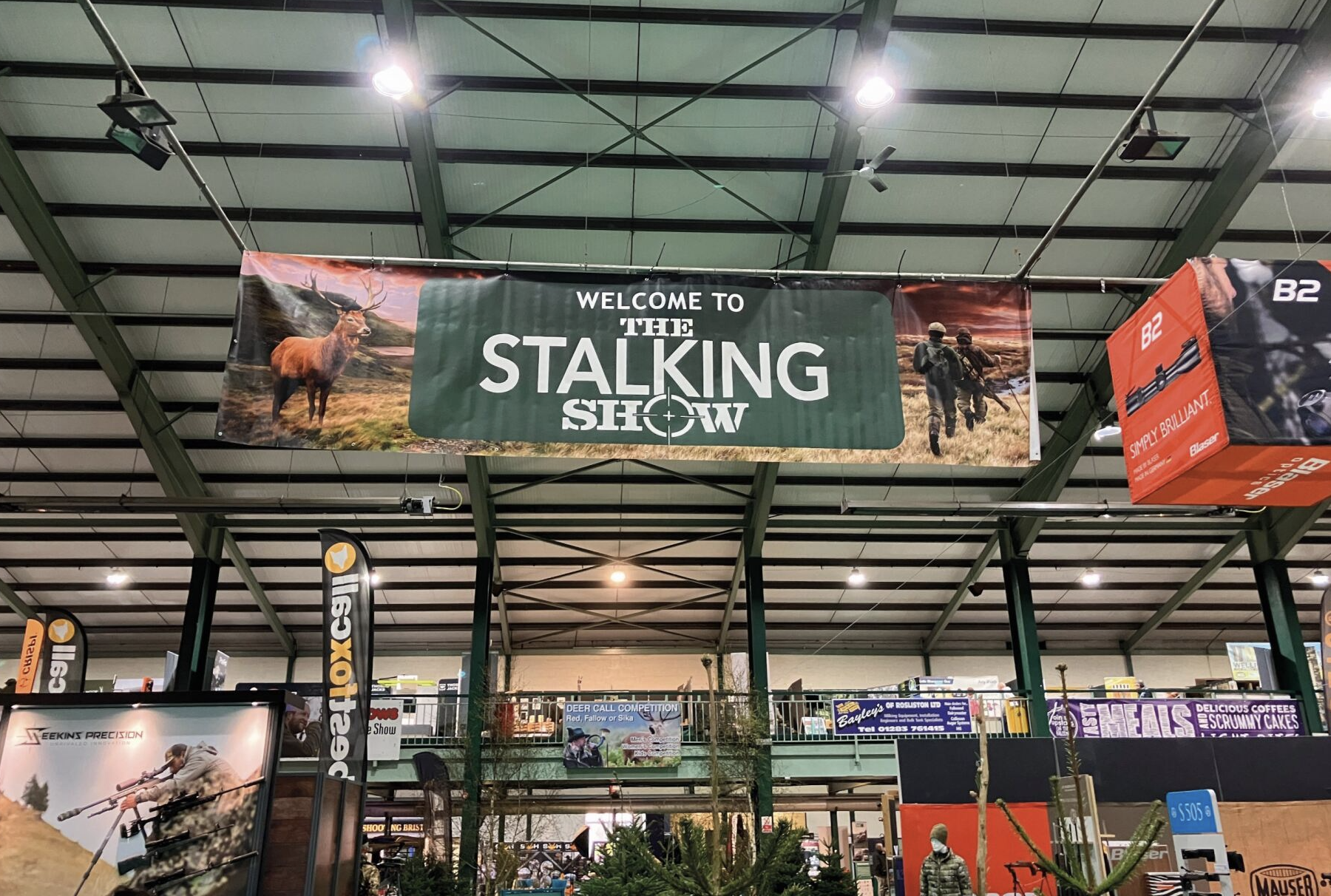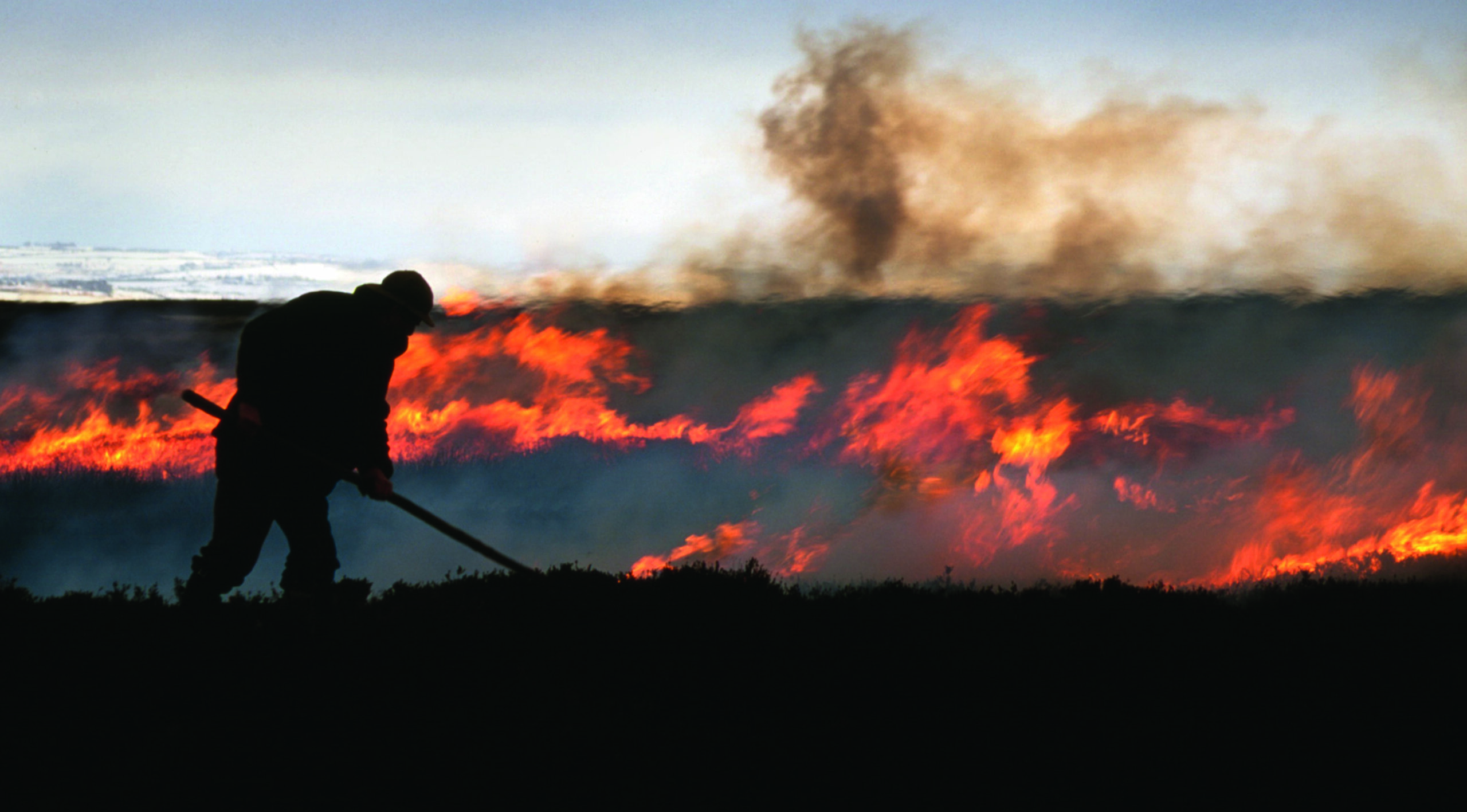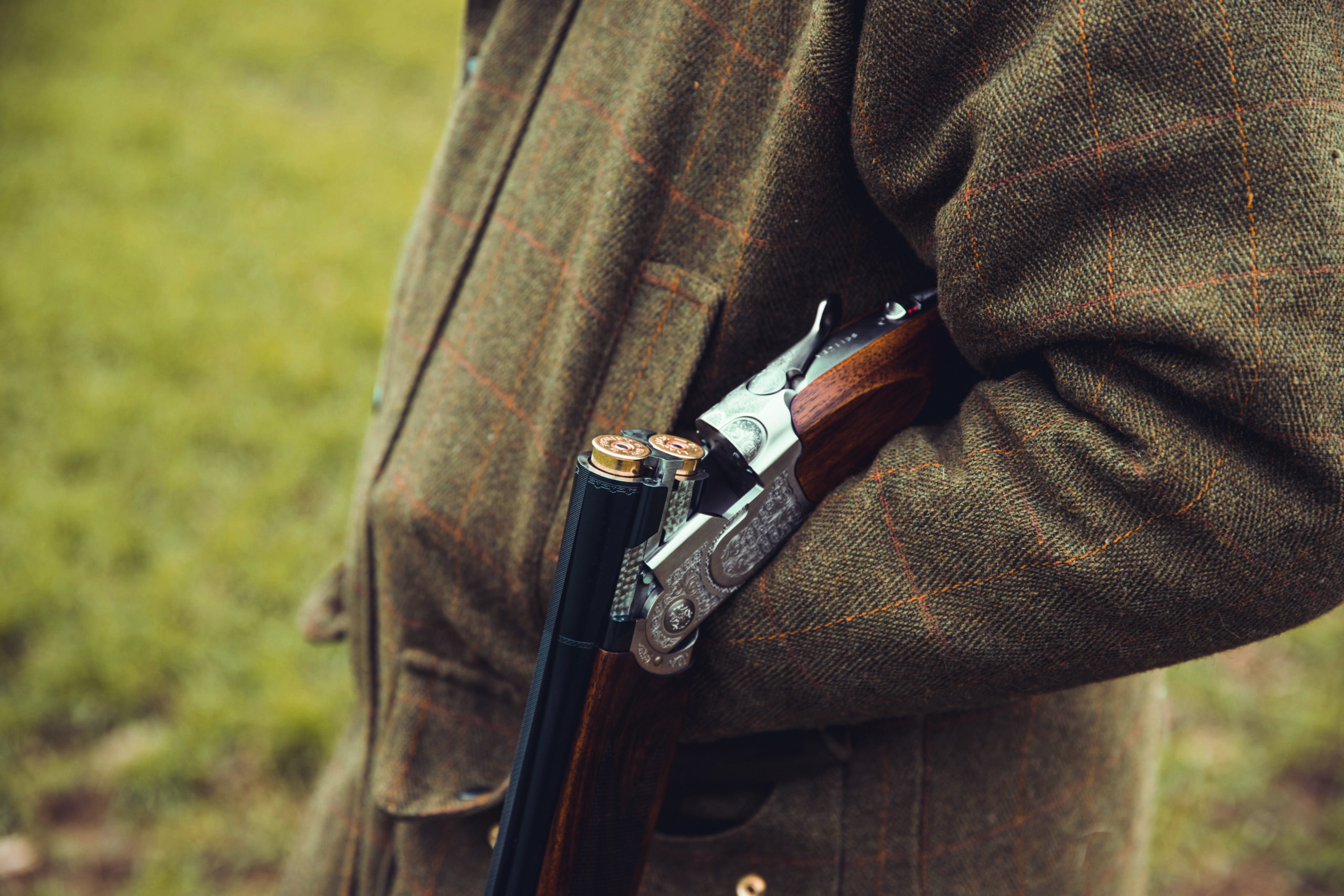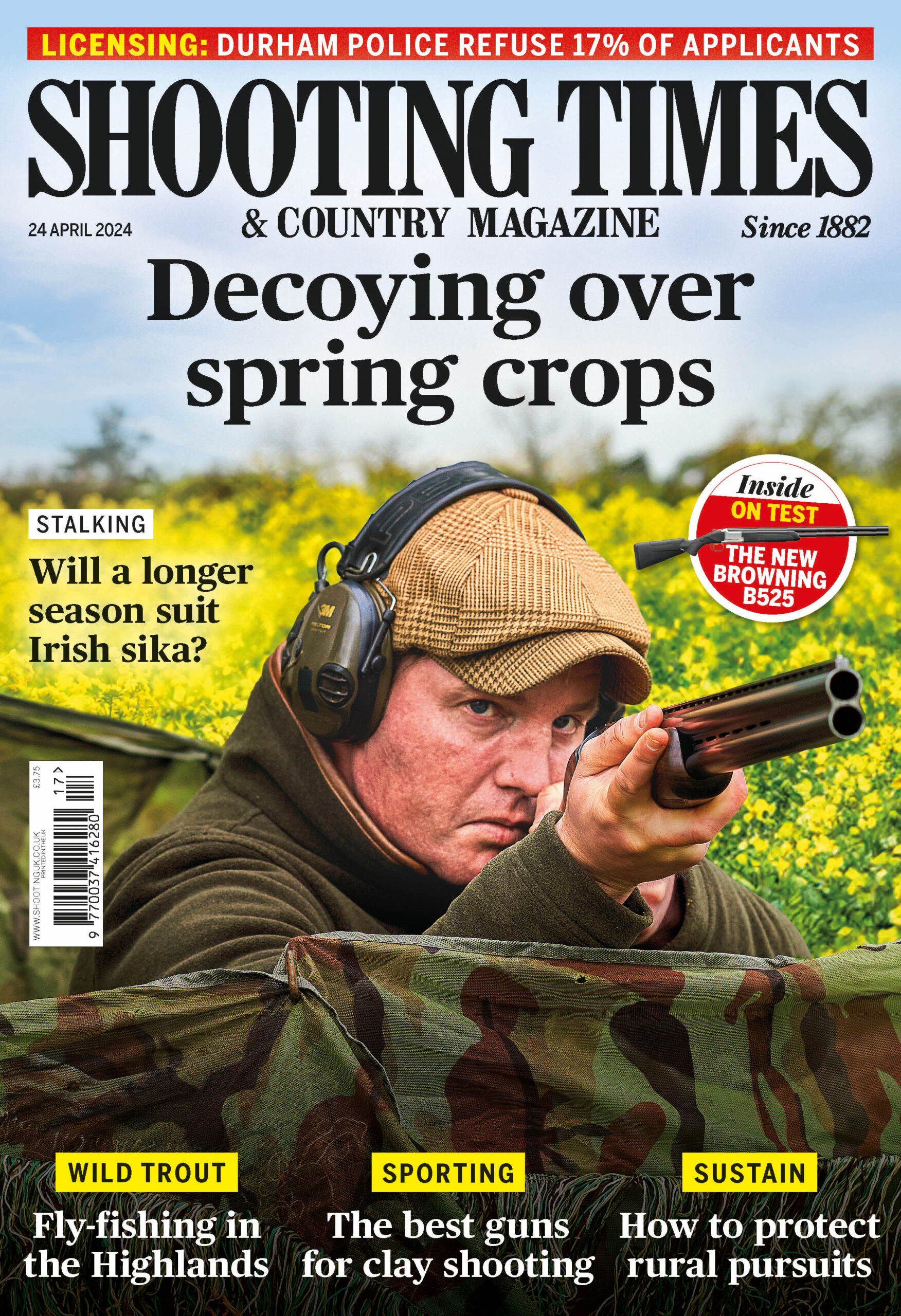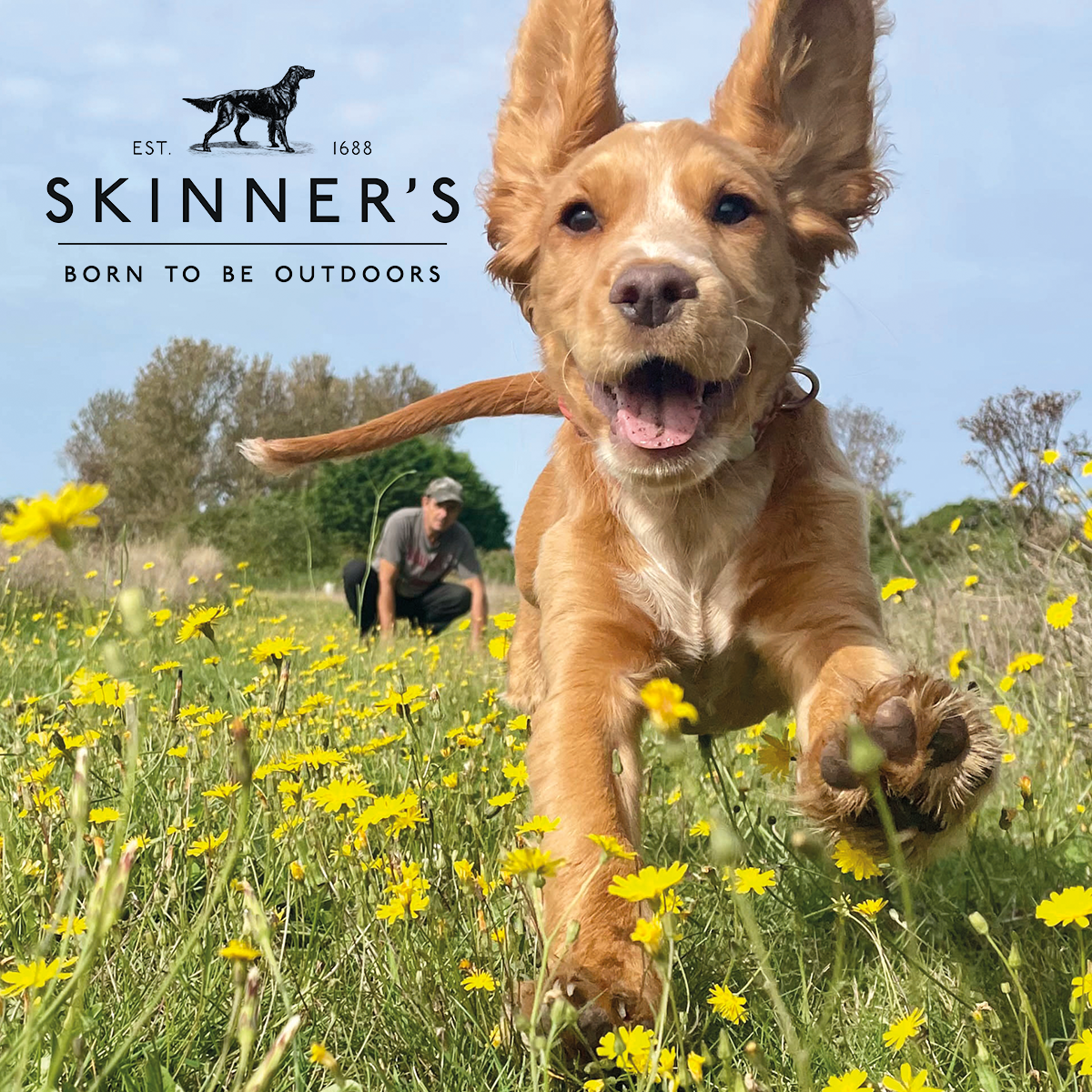Cancelled grouse shooting “will hit rural businesses”
Countryside workers face the prospect of job losses, as grouse shooting days are predicted to be cancelled across the country
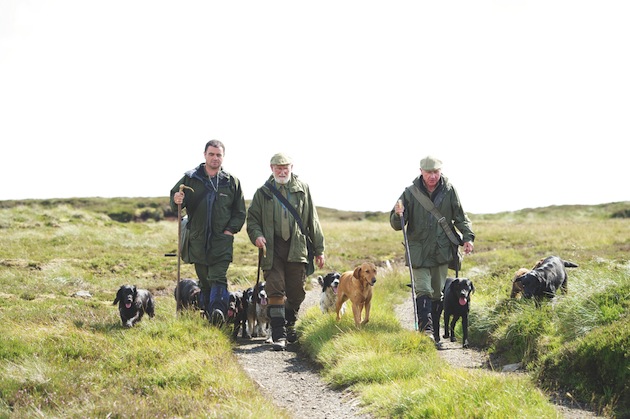
Pickers-up on driven shoots should be well versed in dealing with wounded birds
Many rural workers could be out of a job this season as up to 70 per cent of grouse shooting days face cancellation in some regions of the country, suggested the Moorland Association (MA) last week.
Prolonged extreme weather conditions, described by the MA as “the worst breeding conditions in living memory,” have reduced some covey sizes to just two or three birds rather than the hoped-for seven to 10 (News, 12 August), and countryside businesses could be hit hard by any subsequent shoot day cancellations.
MA chairman Robert Benson, explained: “Keeper staff are employed all year round, irrespective of the season, but there will be a large loss of work for those who help on a casual basis. Up to 50 people a day are brought in on the bigger moors. Local businesses will also be hit by cancellations, the hospitality industry in particular.”
Beaters and picker-up losers
A spokesman for the Countryside Alliance agreed: “This isn’t just a problem for the estates themselves. Yes, they will lose revenue, but it’s the people employed seasonally — all the beaters and pickers-up — who will lose out, and the local pubs, hotels and traders who will lose custom.”
Mr Benson added: “There are isolated areas where things are not so bad, but we are looking at many cancelled days. Reports indicate that there may be little shooting in the Peak District, or on the higher, wetter moors in Cumbria.
“However, parts of the North Pennines are faring much better, as are sections of the Yorkshire Dales, South Pennines and the North York Moors. The situation elsewhere is not good at all.
Worst may be down by 70 per cent
“In general, the further east and the lower and drier the land, the more promising it looks. It’s impossible to predict at this stage, but it looks as though the worst hit may be down by as much as 70 per cent with 30 per cent being a realistic figure for many.”
Meanwhile, a new, year-long “Gift of Grouse” campaign, led by the Scottish Moorland Group (SMG), was launched on the Glorious Twelfth by businesses, families and estate staff in the Angus Glens.
The group aims to demonstrate the difference that grouse shooting makes both to fragile countryside communities and to wider Scotland. It will focus on the “key pillars” of tourism and leisure, employment, environment and conservation, and accessibility, to promote the sport.
SMG director Tim Baynes said: “We have often not been vocal enough in letting people know how vital the sector is. All too often, there is a deliberate misconception that moorland owners are the only ones to benefit from the tourism that grouse shooting provides. That is simply not true, as we can see through the magnificent conservation work that goes on across our hills and glens every day.
“This initiative seeks to demonstrate what the grouse gives to Scotland every year and, importantly, to provide testimony from the people and businesses that rely on grouse shooting for their livelihoods. Whilst the Glorious Twelfth is an occasion to start the campaign, the gifts that grouse provide to us run all year round.”
Call for ban on grouse shooting
In other news, a new e-petition, set up by wildlife campaigner and former RSPB conservation director Mark Avery, is calling for a ban on driven grouse shooting.
Mr Avery claims the sport depends on wildlife management that damages protected sites, pollutes water and leads to the killing of endangered bird, such as hen harriers.
A National Gamekeepers’ Organisation challenged these claims: “The cessation of grouse shooting would likely see the creation of wildlife deserts.
“I see no mention in the petition of what could replace grouse shooting as a driver of conservation, which strikes me as rather limp and out of kilter with modern, joined-up conservation thinking.”

